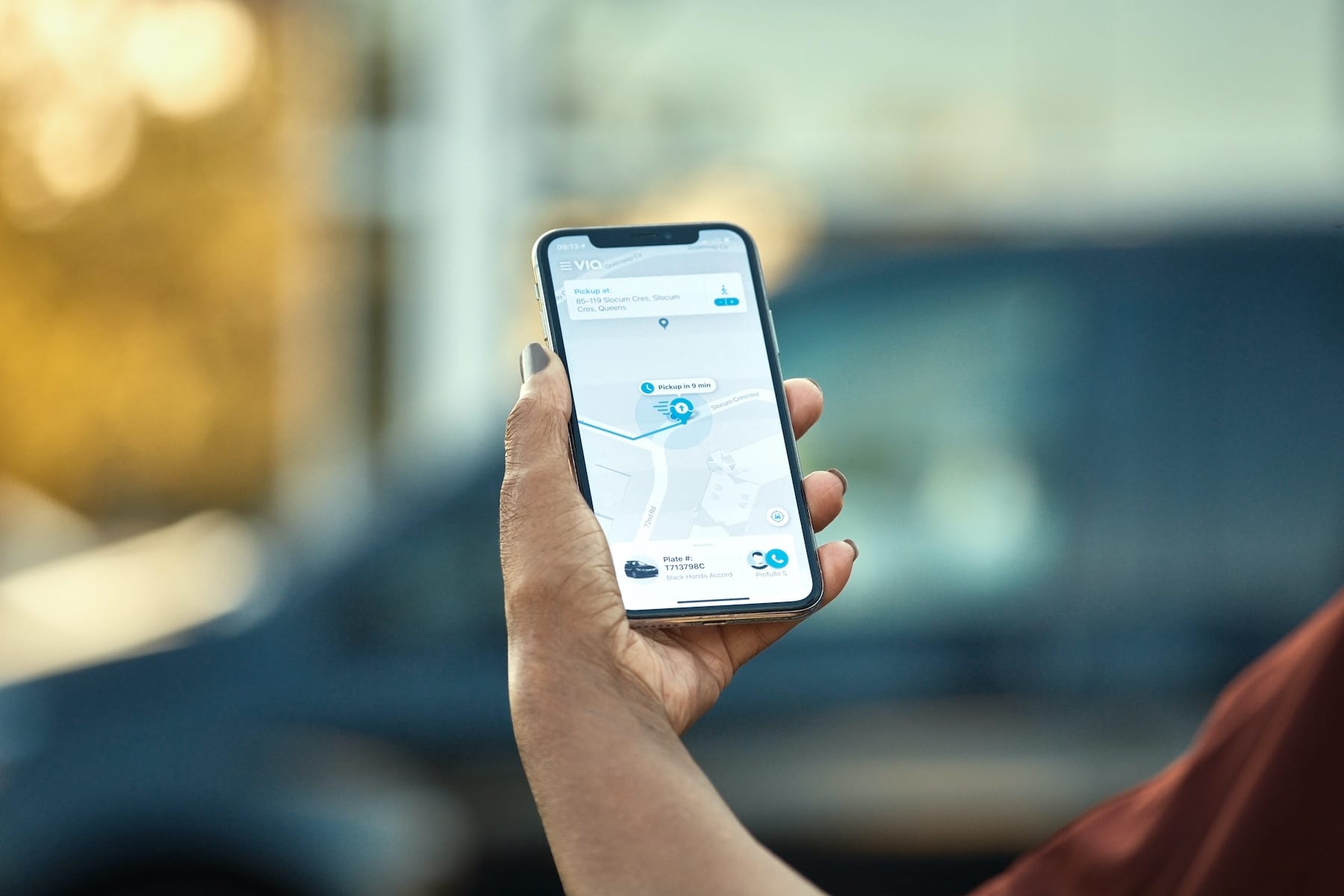Simplified: Sioux Falls City Councilors got a first look at a 46-page contract between the city and Via, its new transit provider. Its complexity and flexibility points to big changes coming for how buses operate.
Why it matters
- The city began the search for a new transit provider back in June, knowing that the current agreement with First Transit/Transdev was expiring Dec. 31. New Y0rk-based Via was announced the winner of that search process in late September, and the company is set to take over Jan. 1.
- Via brings new technology, a "rider centric" mentality and an expertise in what's known as "microtransit" – essentially an on-demand bus system.
- The contract laid out in Tuesday's City Council informational meeting shared the details of how Via will manage the $12.2 million transit budget next year, with flexibility to make changes as needed and ways to earn additional incentives.
"This has certainly been the most intensive contract negotiation that we've had," Finance Director Shawn Pritchett said, adding that it wasn't because Via was hard to work with – they weren't – but rather because of the complexity. "We're not just managing assets. We're managing an entire system."
Tell me more about what's in the contract
The contract gives a more specific sense of when changes might be coming for the bus system.
- While services are expect to run as normal – current fixed routes, on-demand busing on Saturdays – for the first part of the year, Via's contract shows the company is expected to review the entire transit system and bring recommendations for changes by April 30, 2024.
Additionally, the agreement hints at when changes are likely to come to on-demand busing or "microtransit" – which functions closer to a shared Uber or Lyft than a traditional fixed-route bus system.
- The contract lays out funding for microtransit in its current model for $100,000 (or the equivalent of 1,200 hours because Via will get paid for each hour the buses run).
- It also includes $1.4 million for "microtransit – new model" (or close to 17,800 hours of driving).
Via also has a chance to get an additional $50,000 qualitative fee based on feedback from customer and employee surveys.
And, while the agreement states Via is not to exceed $12.2 million in costs for busing, the company does have some flexibility in how it allocates that money between fixed routes and microtransit based on data it collects.
What happens next?
Via takes over the busing system on Jan. 1.
The plan is to keep most of the existing Sioux Area Metro employees, and routes will stay the same for at least the first part of the year while Via does its review.


